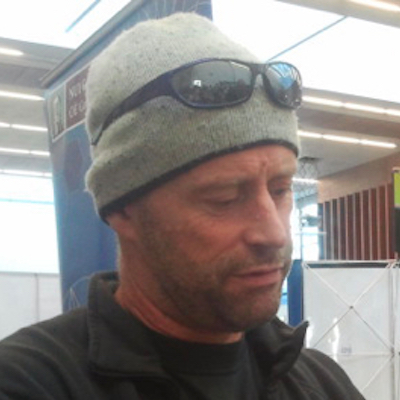-
Courses

Courses
Choosing a course is one of the most important decisions you'll ever make! View our courses and see what our students and lecturers have to say about the courses you are interested in at the links below.
-
University Life

University Life
Each year more than 4,000 choose University of Galway as their University of choice. Find out what life at University of Galway is all about here.
-
About University of Galway

About University of Galway
Since 1845, University of Galway has been sharing the highest quality teaching and research with Ireland and the world. Find out what makes our University so special – from our distinguished history to the latest news and campus developments.
-
Colleges & Schools

Colleges & Schools
University of Galway has earned international recognition as a research-led university with a commitment to top quality teaching across a range of key areas of expertise.
-
Research & Innovation

Research & Innovation
University of Galway’s vibrant research community take on some of the most pressing challenges of our times.
-
Business & Industry

Guiding Breakthrough Research at University of Galway
We explore and facilitate commercial opportunities for the research community at University of Galway, as well as facilitating industry partnership.
-
Alumni & Friends

Alumni & Friends
There are 128,000 University of Galway alumni worldwide. Stay connected to your alumni community! Join our social networks and update your details online.
-
Community Engagement

Community Engagement
At University of Galway, we believe that the best learning takes place when you apply what you learn in a real world context. That's why many of our courses include work placements or community projects.
Keith Browne
PhD Student (Tony Ryan Research Scholarship)
 The mite Varroa destructor is largely responsible for the catastrophic reduction in viable colonies of the Dark Northern European honeybee Apis mellifera mellifera. Furthermore, hybridisation with imported sub-species is thought to have altered the genetic integrity of this bee to the point where it is now considered extinct across most of Europe but Ireland remains a stronghold for pure forms of this subspecies. This subspecies, also known as the Dark Northern honeybee, is adapted to colder, wetter weather and a shorter foraging season compared to the southern sub-species. These adaptations allow the production of honey in northern Europe and efficient pollination of crops and wild flora. My PhD research focuses on the adaptive evolution of this honeybee including how some bees display resistance/tolerance to parasitism by Varroa. Observed colony traits and local environmental conditions, combined with genomics, genotyping and morphometric analysis of the bees will be used to determine those strains & traits offering greatest tolerance to Varroa whilst retaining local adaptations. This information will be employed to guide a breeding programme for Varroa resistant native Irish honeybees.
The mite Varroa destructor is largely responsible for the catastrophic reduction in viable colonies of the Dark Northern European honeybee Apis mellifera mellifera. Furthermore, hybridisation with imported sub-species is thought to have altered the genetic integrity of this bee to the point where it is now considered extinct across most of Europe but Ireland remains a stronghold for pure forms of this subspecies. This subspecies, also known as the Dark Northern honeybee, is adapted to colder, wetter weather and a shorter foraging season compared to the southern sub-species. These adaptations allow the production of honey in northern Europe and efficient pollination of crops and wild flora. My PhD research focuses on the adaptive evolution of this honeybee including how some bees display resistance/tolerance to parasitism by Varroa. Observed colony traits and local environmental conditions, combined with genomics, genotyping and morphometric analysis of the bees will be used to determine those strains & traits offering greatest tolerance to Varroa whilst retaining local adaptations. This information will be employed to guide a breeding programme for Varroa resistant native Irish honeybees.
Contact Details
Zoology, Ryan Institute & School of Natural Sciences
Phone: 353 (0)91 493195
Fax: 353 (0)91 525005
Email: K.BROWNE4atnuigalway.ie















